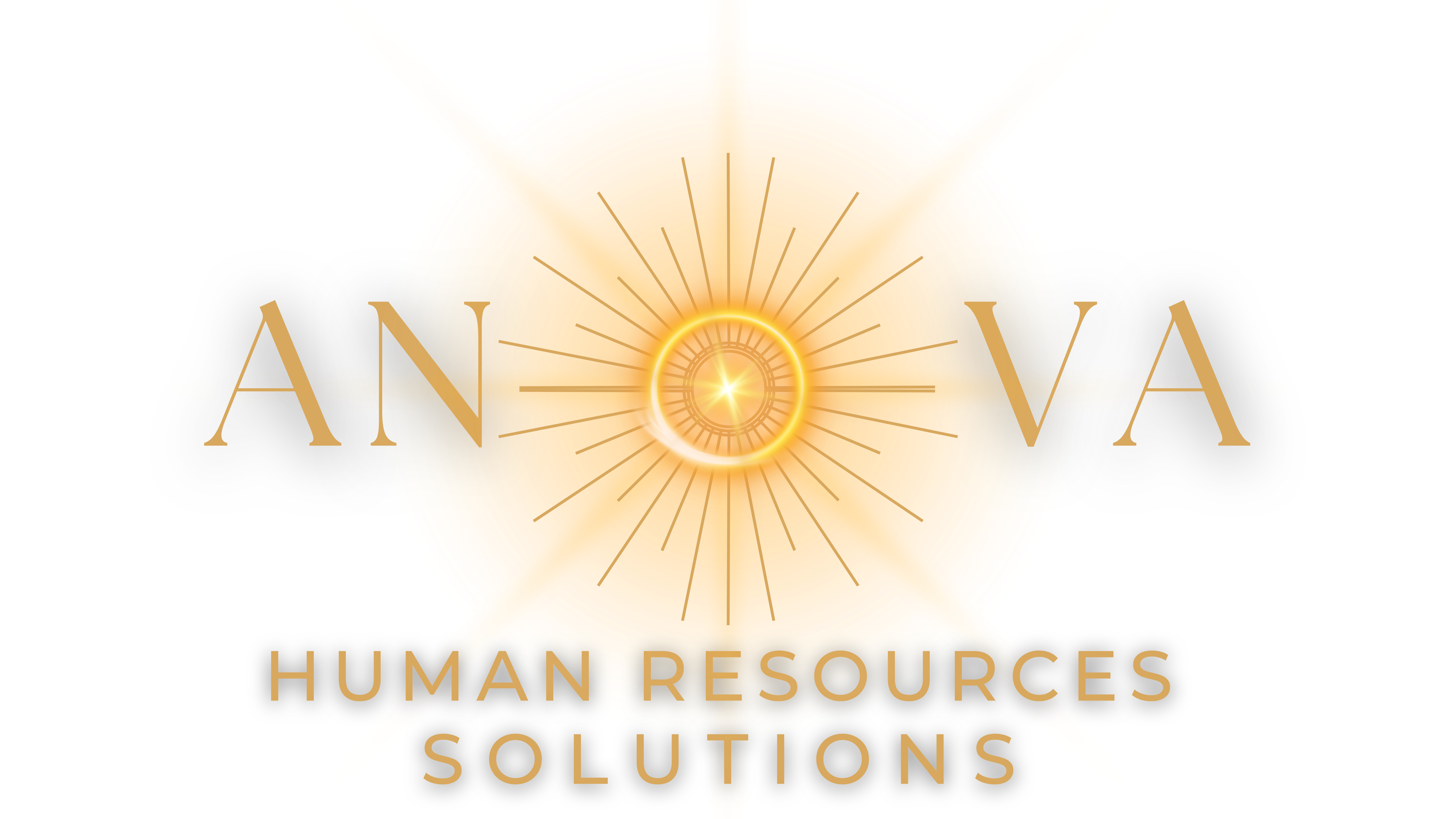Maintaining HR compliance is a multifaceted challenge for businesses of all sizes. Whether you’re a burgeoning startup, a mid-sized enterprise, or a multinational corporation, aligning your human resources practices with ever-evolving regulations can feel like traversing a maze with no end in sight.
For businesses, the stakes couldn’t be higher. Ensuring compliance isn’t just about ticking boxes on a checklist; it’s about safeguarding your organization’s reputation, mitigating legal risks, and fostering a workplace culture that values fairness, equality, and transparency.
So, what are the key challenges faced by businesses in maintaining HR compliance, and how can they navigate these turbulent waters with confidence? Let’s delve deeper.
1. Constantly Changing Regulations
Employment laws and regulations are in a constant state of flux. From local ordinances to sweeping federal mandates, the sheer volume and pace of regulatory updates can leave even the most diligent HR professionals feeling like they’re chasing a moving target. Yet, ignorance is no defense, and failure to keep abreast of these changes can expose your organization to substantial legal and financial risks.
Invest in continuous education and training for your HR team. By staying plugged into industry newsletters, participating in legal seminars, and leveraging cutting-edge compliance management software, you can ensure that your organization remains agile and adaptive in the face of regulatory flux.
2. Complexity of Multi-State Operations
For businesses with operations spanning multiple states or countries, the compliance puzzle becomes infinitely more complex. Each jurisdiction brings its own unique set of rules and regulations regarding everything from minimum wage and overtime pay to anti-discrimination measures and employee benefits. Ensuring uniform compliance across diverse geographical landscapes requires a nuanced understanding of local laws and customs.
Develop a robust compliance framework tailored to the specific needs of each region in which you operate. Consider enlisting the expertise of local HR professionals or consultants to help navigate the intricacies of multi-state or international compliance.
3. Data Privacy and Security
With the rise of digital HR systems, protecting employee data has become a significant compliance issue. Regulations like the GDPR and CCPA impose strict guidelines for data collection, storage, and usage, with hefty penalties awaiting those who fall afoul of these standards. Yet, as the prevalence of digital HR systems continues to rise, so too does the risk of data breaches and compliance lapses.
Implement robust data protection measures, including encryption, access controls, and regular security audits. Ensure that all HR systems comply with relevant data privacy regulations, and provide comprehensive training to employees on data security best practices.
4. Employee Classification and Wage Compliance
Misclassification of employees, wage theft, and failure to comply with overtime pay regulations are perennial headaches for HR professionals. Whether it’s distinguishing between independent contractors and full-time employees or calculating overtime rates accurately, errors in wage compliance can lead to costly legal battles and damage to your organization’s reputation.
Conduct regular audits of your employee classification and compensation practices to ensure compliance with labor laws. Leverage technology to automate payroll processes and track hours worked, minimizing the risk of errors and oversights.
5. Effective Training and Communication
Ensuring that all employees understand and follow compliance policies is a continuous challenge. Without proper training and communication, employees may unknowingly violate compliance rules, putting the organization at risk.
Develop comprehensive training programs that cover all aspects of HR compliance. Use a variety of formats, such as in-person workshops, online courses, and interactive sessions, to engage employees. Regularly update training materials to reflect the latest regulatory changes and company policies.
6. Documentation and Record Keeping
Accurate and thorough documentation is the bedrock of HR compliance. From employment contracts and performance reviews to training records and disciplinary actions, maintaining comprehensive records is essential for audits, legal disputes, and ensuring consistent application of policies.
Implement a robust document management system that streamlines the storage, retrieval, and management of HR records. Ensure that all records are kept in accordance with legal retention requirements and are readily accessible for audits and compliance checks.
Maintaining HR compliance is a multifaceted challenge that requires diligence, adaptability, and a proactive approach. By staying informed about regulatory changes, leveraging technology, and fostering a culture of compliance, organizations can navigate these challenges effectively. Ultimately, robust HR compliance not only protects the organization from legal risks but also contributes to a fair and supportive workplace environment.
